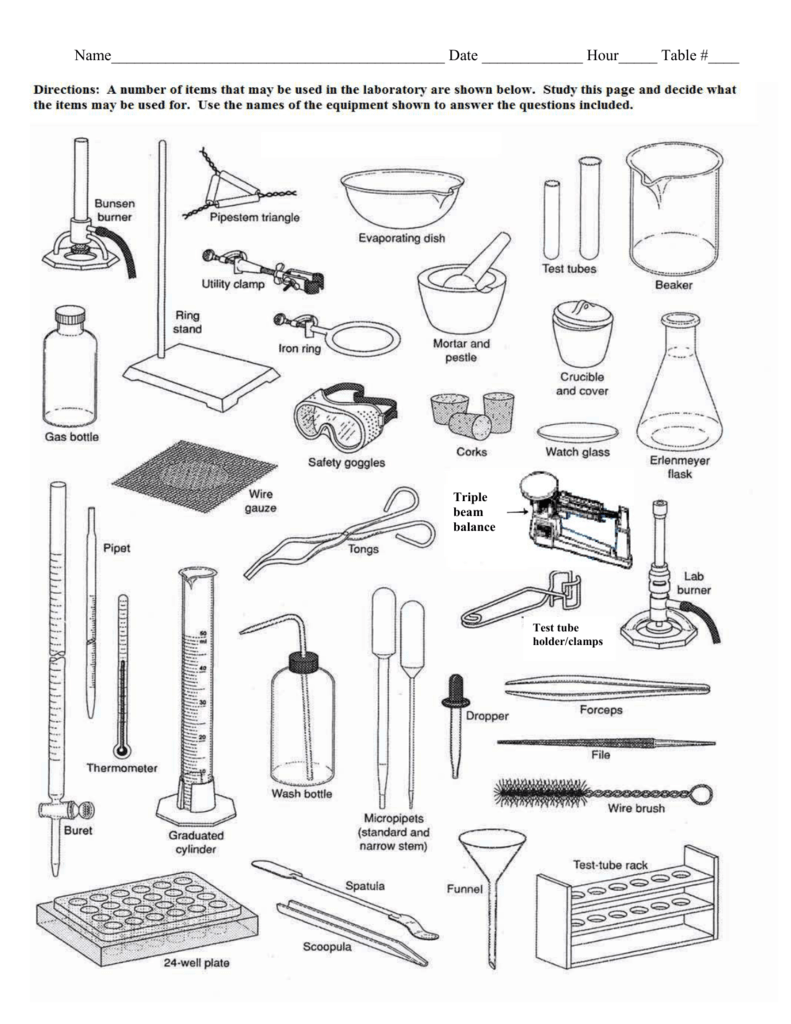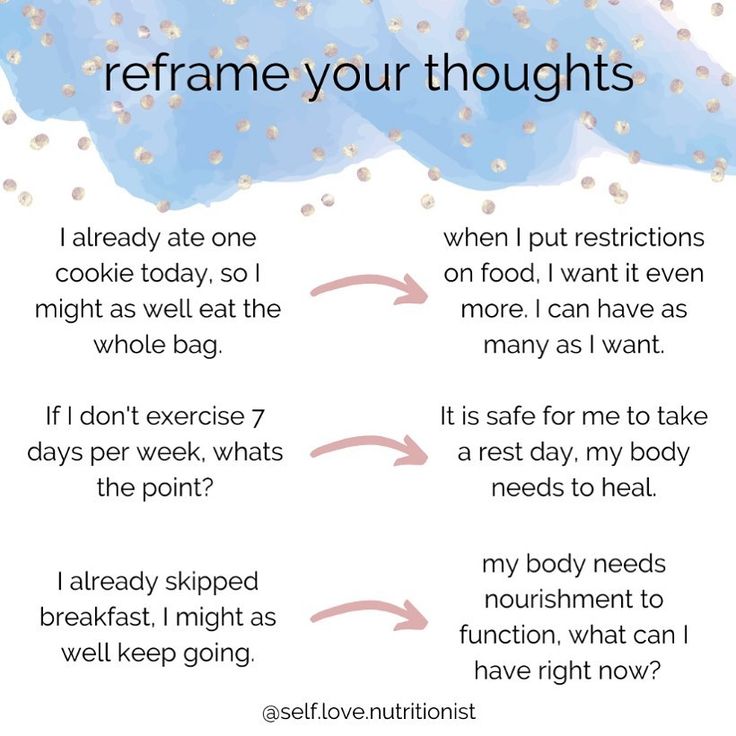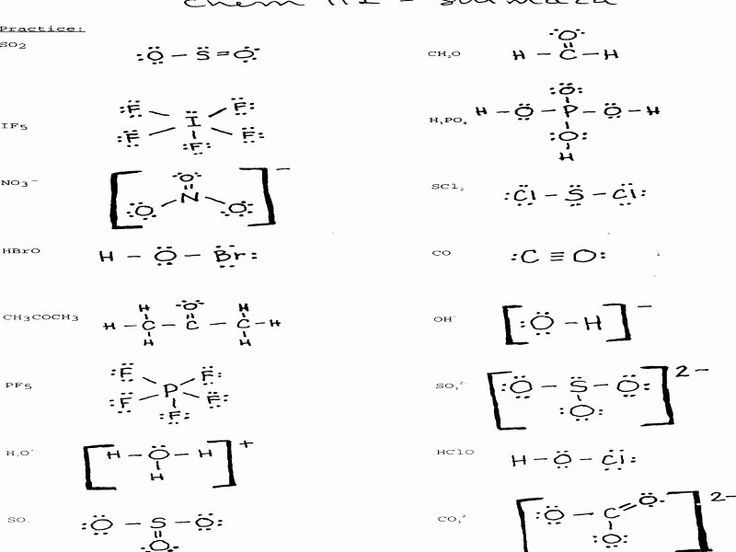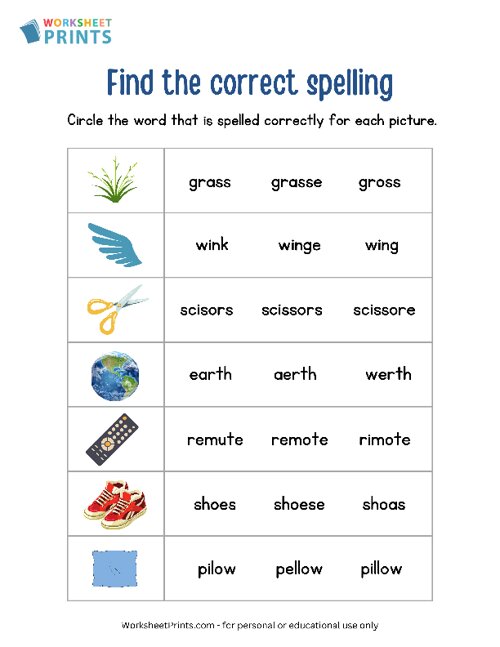Therapy Group Worksheets for Healing and Growth

Unlocking the Power of Group Therapy: Worksheets for Healing and Growth
Group therapy is a powerful tool for personal growth, healing, and transformation. By bringing individuals together to share their experiences, struggles, and insights, group therapy provides a safe and supportive environment for people to work through challenging emotions, behaviors, and relationships. One effective way to facilitate this process is through the use of worksheets specifically designed for group therapy.
Benefits of Using Worksheets in Group Therapy
Worksheets can be a valuable addition to group therapy, offering a structured and engaging way to explore complex issues, build relationships, and foster personal growth. Some benefits of using worksheets in group therapy include:
- Increased participation: Worksheets can encourage quieter members to participate and share their thoughts and feelings.
- Improved communication: Worksheets can help group members communicate more effectively, both with each other and with themselves.
- Enhanced self-awareness: Worksheets can facilitate deeper introspection, helping individuals gain a better understanding of themselves and their place within the group.
- Supportive community: Worksheets can foster a sense of community and connection among group members, promoting empathy, understanding, and support.
Types of Worksheets for Group Therapy
There are many types of worksheets that can be used in group therapy, depending on the specific needs and goals of the group. Some examples include:
- Icebreaker worksheets: Designed to help group members get to know each other, build rapport, and establish a sense of trust.
- Goal-setting worksheets: Help individuals identify and work towards personal goals, such as improving relationships or managing stress.
- Emotional intelligence worksheets: Focus on developing self-awareness, self-regulation, and social skills.
- Coping skills worksheets: Teach group members effective coping strategies for managing difficult emotions and situations.
Examples of Group Therapy Worksheets
Here are a few examples of worksheets that can be used in group therapy:
Worksheet 1: “Getting to Know You” Icebreaker
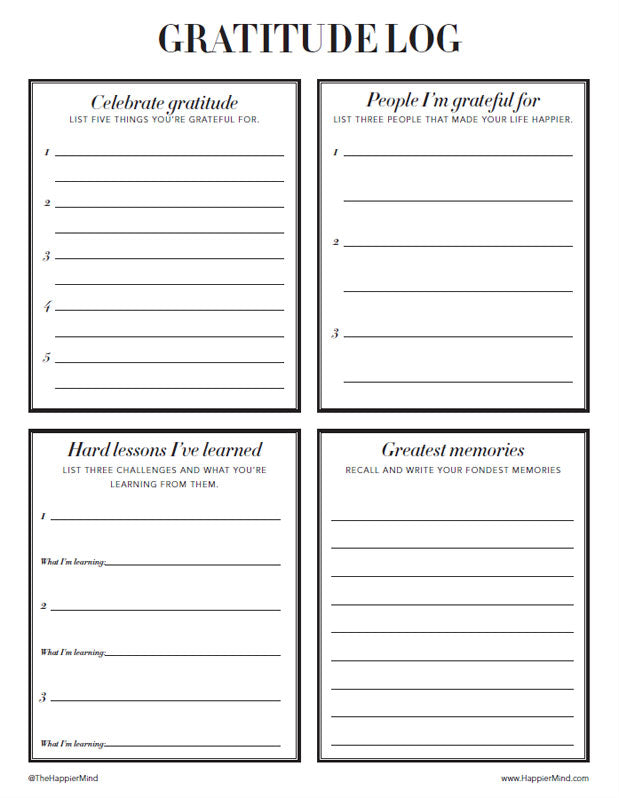
| Question | Response |
|---|---|
| What’s your name, and what brings you to this group? | _______________________________________________________ |
| What’s something you’re passionate about outside of this group? | _______________________________________________________ |
| What’s one thing you hope to achieve or work on during our time together? | _______________________________________________________ |
Worksheet 2: “Identifying Triggers”
| Trigger | Emotional Response | Coping Strategy |
|---|---|---|
| _______________________________________________________ | _______________________________________________________ | _______________________________________________________ |
| _______________________________________________________ | _______________________________________________________ | _______________________________________________________ |
| _______________________________________________________ | _______________________________________________________ | _______________________________________________________ |
Worksheet 3: “Self-Care Checklist”
| Self-Care Activity | Frequency (Daily/Weekly/Monthly) |
|---|---|
| Exercise | _______________________________________________________ |
| Meditation or mindfulness practice | _______________________________________________________ |
| Spending time in nature | _______________________________________________________ |
| Creative pursuit (e.g., art, music, writing) | _______________________________________________________ |
| Socializing with friends or loved ones | _______________________________________________________ |
Tips for Using Worksheets in Group Therapy
- Keep it simple: Use clear, concise language and avoid overwhelming group members with too much information.
- Make it interactive: Encourage group members to share their responses with each other, either in small groups or as a whole.
- Foster a safe space: Emphasize the importance of confidentiality and respect within the group.
- Be flexible: Be willing to adapt worksheets or try new approaches as needed.
Conclusion
Group therapy worksheets can be a powerful tool for facilitating personal growth, healing, and transformation. By incorporating worksheets into your group therapy practice, you can create a safe, supportive environment that encourages participation, communication, and self-awareness. Remember to keep it simple, make it interactive, foster a safe space, and be flexible – and watch your group members thrive.
What is the purpose of using worksheets in group therapy?
+Worksheets can help facilitate participation, communication, and self-awareness, creating a safe and supportive environment for group members to work through challenging emotions, behaviors, and relationships.
What types of worksheets can be used in group therapy?
+There are many types of worksheets that can be used in group therapy, including icebreaker worksheets, goal-setting worksheets, emotional intelligence worksheets, and coping skills worksheets.
How can I adapt worksheets for my specific group therapy needs?
+Be flexible and willing to adapt worksheets or try new approaches as needed. Consider the specific needs and goals of your group, and tailor your worksheets accordingly.
